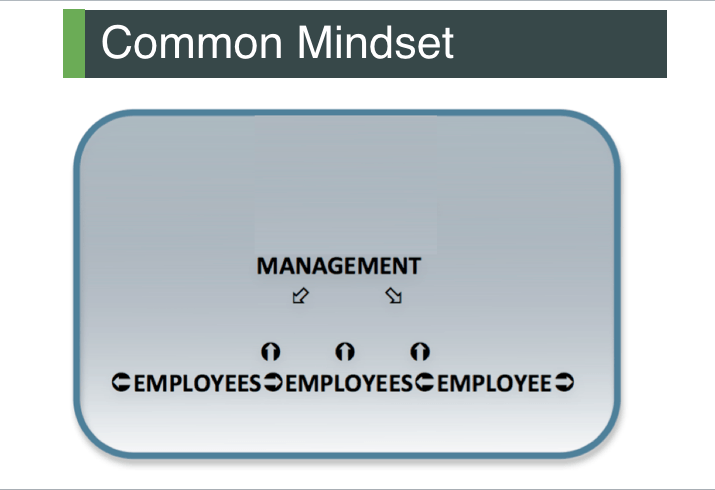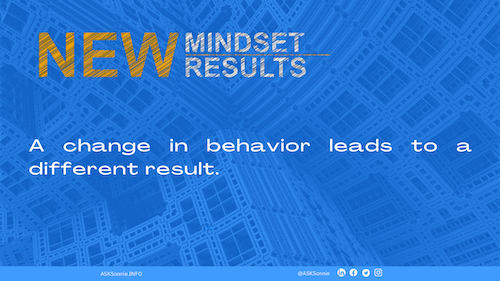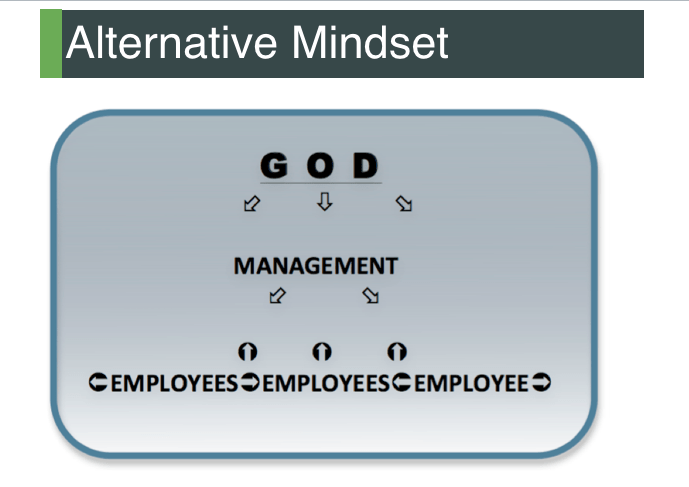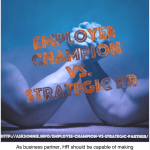Change the mindset and you will change the behavior.
Read: The Importance of Values-Mission-Vision in Professional Growth
The Challenge of Corporate Culture
The road to the top is challenging because we will be collaborating with an array of people, and we will realise that it can be rough and at times dirty. The terrain will also lead us to crossroads, where we’ll have to choose a direction based on either the examples set by others or our own moral compass. While we have control over the choices we make, we don’t have control over the consequences. The outcome of our actions are determined by natural and spiritual laws that have been in place since forever.
The business landscape is a playing field where employees earn and make a name for themselves. It is also the arena where companies compete or collaborate to stay in business. With the changing trends brought by AI, social media, globalization, and disruption like covid-19, business strategies change to stay relevant and survive.
Employees, likewise, must adapt to these changes for continuity of employment because job security is not guaranteed. According to an old Darwinian quote, “those who adapt to change survive”. This is not bad, however such mindset affects behavior. According to Francis J. Kong,
“corporate culture can make an employee behavior better or worse “
In fact, a friend described the culture in his company as ‘jungle’. “Men, they will eat you alive”, he said. “It is a place where only the strongest survives, a place where you have to constantly watch your back because you’re not sure who’s on your side and who’s not”. He further said, “you have to learn how to paddle your own canoe and don’t expect help from your peers. If you can not survive on your own, you will never make it.”
Read: 4 Steps To Develop Mental Resilience
The danger of being exposed to such a culture is you will conform eventually. Some opted to flee but more often than not, employees stay for economic reasons.
Employee Behavior is Influenced by Mental Maps
In one of my talks, someone asked, is there a proactive way to deal with this highly competitive organization culture?
Norman Vincent Peale once said
“change your thoughts and you change the world”
Thoughts are mindsets that serve as a mental map. And mental maps are like operating systems that influence (if not outright control) employee behavior.
READ: Managing Different Employee Behavior
The Default Mental Map: Compete or Connive to Survive
Undoubtedly, there are some terrible employers. But, there are also kind-hearted management who takes care of their employees commensurate to their capacity. However, regardless of how management treats them, some employees respond by focusing on what they want and how they can get it now.
In my more than 25 years in talent and organizational management and development, the following are examples of value negating actions taken by some employees against their employers because they believe they are entitled to more.
- In labor intensive organizations, employees opted to organize a labor union to compel management to have a collective bargaining agreement.
- In other companies, employees connived to steal resources from the company
- The finessed have used individual competitive approaches to get ahead of others or to negotiate a better compensation package. While some professionals compete ethically, others will go to any length to get what they want.
A culture that embraces any of this mindset fosters negative office politics and workplace bullying.
In this mental map, the goal is to move up the money chain. The race to receive more doesn’t have a concrete rule, sometimes time-honored rules are respected. But unconventional means are also used like charm, sex, deception, and even violence just to reach their goal.
Is there any influence that can mitigate employees’ free-for-all behavior? Is there a different mental map?
The Alternative Mental Map: God in the Workplace
A belief that a more powerful figure, such as God, is on top of everything can bring order and integrity to the workplace. A just God who rewards or reprimands a person based on his actions can alter a mental map and employee behavior.
- Managers will be less arrogant and will be accountable for both their motivation and actions.
- Non-managerial employees, on the other hand, will not take matters into their own hands, preferring to be proactive and value-adding.
This mental map, on the other hand, cannot be legislated; it is a personal choice. When an employee willingly adopted this mental map, his attitude will changes. When the attitude shifts, so does one’s behavior. Legislation can only compel action, not attitudes. For example:
“A dad said to his daughter, baby sit down, the daughter replied, I don’t like, the dad got angry and said sit down! No, I won’t!” the daughter replied, so dad forced her to sit down, but the daughter said, “I may be sitting down, but in my heart, I am still standing.”.
This alternate mental map uses Spiritual Intelligence as a tool to “hack” the worldview, thereby improving employee behavior. A shift in behavior improves the corporate environment by aligning organizational culture with natural and spiritual laws.
As a manager, do I need to check the mental maps of my group?
By identifying the dominant mental maps, we can identify the root causes or triggers that explain the company or department’s culture. These are the reasons why employees behave the way they do.
And if it’s within our powers to do the “hacking”, we can improve the culture.
If the task is beyond our pay grade, we can still persuade employees to try a different mental map. After all, there is a greater force than the powers that be in the workplace.
Discover more from ASKSonnie.INFO
Subscribe to get the latest posts sent to your email.














I cannot argue on the influence of the company culture and upbringing of the employee unto how s/he respond to situations. The key takeaway in this post is to be responsible and accountable with your own actions.
and not to get carried away with the dog eat dog culture. our response need not be similar to the trigger.
I believe that the company and the employee must have a mutual respect for each other, and they must value what they can do together as a team.